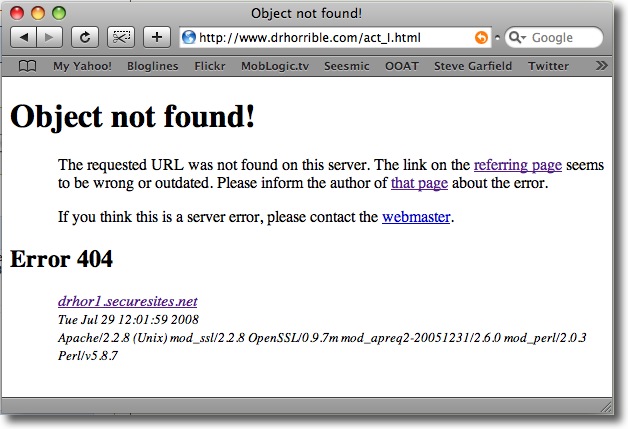Learn from Amazon. If you're not a fit, don't just deliver a "sorry" page. Steer the customer elsewhere, helping him -- and generating revenue
The thought of placing links to competitors’ products or services on a company website would normally stop chief marketing officers or marketing managers dead in their tracks. After all, once you’ve attracted a consumer to your website, it’s only natural to expect them to purchase your product. However, what if that specific item isn’t available? Or it’s sold out? Or it’s not the right fit? You’ve exhausted your advertising investment on this potential customer, only to deliver a “sorry page,” forcing him to leave your site and head elsewhere.
But what if your "sorry pages," instead of being a dead end for a consumer, could still bring in revenue? It sounds like some Twilight Zone marketing nightmare, but it’s becoming a much more utilized practice - and a smart one at that.
Businesses need to come to terms with the fact that they don’t own customers; they are, at best, momentarily rented. This can leave brands in the lurch when it comes to sales and brand loyalty. However, there are many options a business can apply that ultimately generate revenue, even without sales, when the consumer turns to make a purchase from a competitor.
But competitor advertising placed on your own website?
This is how it ends up being a win-win. Say you are a car insurance company looking for policy holders with specific characteristics. A consumer will visit your website and fill out an application; however, they do not meet your ideal customer criteria. Now you have two options: reject them outright or provide additional other options with that rejection, some of which may be best obtained through a competitor.
To suggest an alternate purchase by providing a link to a competitor’s website in the form of, “You may be interested in policies from XXXX,” you’d be providing prime real estate for a competitor to make a sale through a tailored advertisement. You receive revenue from an otherwise lost opportunity by selling advertising space on your site to these competing brands, while also building positive brand recognition. These consumers have shown intent, and you’ve helped them get what they need, which makes you a valuable asset.
Instead of shutting down the deal and turning your back on the customer, you are aiding them in their search, while providing a competitor with a valuable lead, for which they are paying. Win-win, right? Many customers would consider that a positive brand experience. After all, it shows that your brand is ultimately focused on helping the customer find what she needs, even if you are not the one to give it to her.
Consider Amazon. This booming company not only has an enormous selection of goods for customers to choose from, but it also provides links to external shopping sites instead of sorry pages when a specific product is not available.


